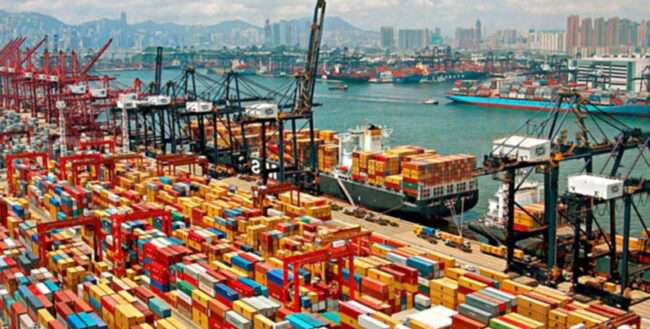Business
New licensing charges unsettle port operators, put N3.5tr investment at risk

The Nigerian maritime industry is bracing for turbulence as the Nigeria Customs Service (NCS) prepares to implement a sweeping review of licensing fees for clearing agents, bonded warehouses, and shipping chandlers. Stakeholders warn the new regime could cripple indigenous operators, jeopardise investments worth over N3.5 trillion, and trigger mass job losses.
Business Hallmark learnt that the revised charges, scheduled to take effect from January 2026, represent astronomical increases that many firms say they cannot absorb in an industry already struggling with dwindling import volumes.
In Lagos and Ogun States alone, about 40 bonded terminals are affected. With each employing at least 350 workers, no fewer than 14,000 jobs are on the line should operators fold up under the new cost burden.
Analysts also fear the policy could undermine the $15 billion annual ship-handling business, handing dominance to foreign cartels at the expense of local players.
Massive hikes across the board
A breakdown of the proposed rates seen by Business Hallmark shows steep upward reviews:
Clearing agents/agencies: New licence fees to rise from N515,000 to N10 million — a 1,842% increase. Annual renewal will jump from N215,000 to N4 million.
Bonded warehouses: Fresh licensing fees to move from N60,000 to N20 million (over 33,000% increase). Renewal fees will soar from N60,000 to N10 million.
Shipping chandlers: Licensing fees to rise from N515 to N2 million, with renewal charges moving from N515 to N1 million.
Bank bonds: Clearing agents’ bond requirement will shoot up from N350,000 to N20 million, while that of bonded warehouses will surge from N50 million to N500 million. Ship chandlers’ bond is also set to rise from N350,000 to N2 million.
Industry fears ripple effects
Operators warn that with cargo volumes already depressed, the new cost regime could force many indigenous firms out of business, consolidating market control in the hands of a few big players with deep pockets.
The knock-on effects, they argue, will include higher service charges for importers, steeper costs of chandling, and increased freight forwarding fees — developments that will raise the cost of goods, worsen inflation, and deepen port congestion.
“This move threatens the survival of smaller operators who are barely breaking even,” one industry source said. “It will shrink competition and open the space for foreign dominance.”
Customs defends policy
The Comptroller-General of Customs, Bashir Adeniyi, last week convened a high-level stakeholders’ meeting at Customs headquarters in Abuja to explain the rationale behind the proposed adjustments. He maintained that the review was necessary to align licensing fees with current economic realities and ensure compliance within the maritime value chain.
But industry operators say the timing is wrong, arguing that imposing such heavy financial burdens in a fragile economic climate will stifle trade flows and discourage investment.
As the January 2026 implementation date approaches, stakeholders fear the policy could destabilise one of the country’s most strategic sectors, with consequences that may ripple through the entire economy.


